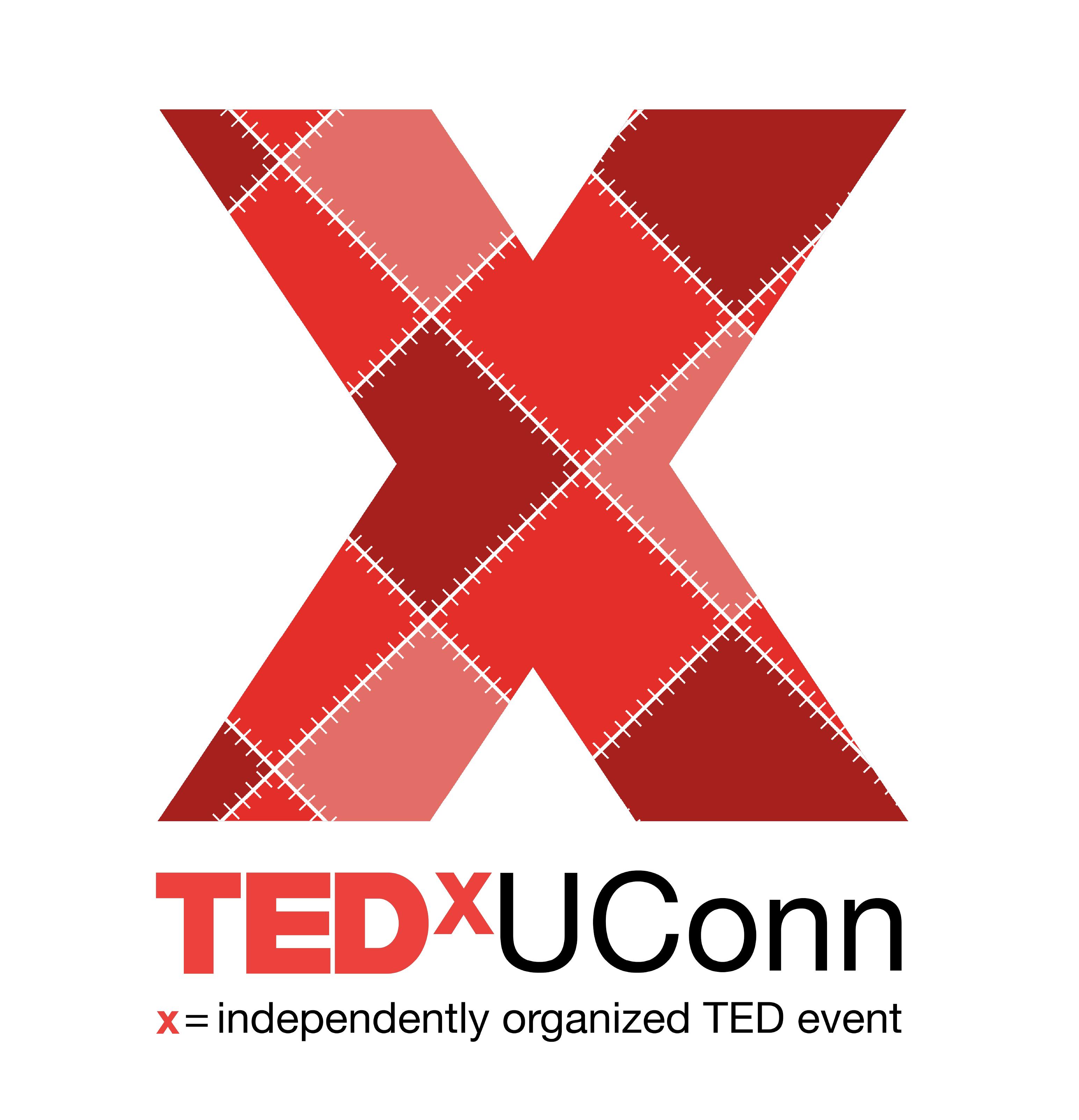
How can one build up to something bigger than the individual and contribute to the whole? Each piece is unique and necessary, and each stitch is a connection.
How do we approach activism? Activists must balance the unacceptable realities of situations and ideal visions of how they should be instead. Globalization has brought to light the many humanitarian crises facing our global community, and facing them can oftentimes be paralyzing when the balance is tipped towards focusing on reality. This talk calls for us to remember our ideals, and the importance of the abstract and imagination when approaching advocacy.
Amy discusses how the arts are a catalyst for ecological change, inspiring a call to action for anyone and everyone to start healing our planet today with our own individual patch. As a survivor of a coma, sexual abuse, and 28 surgeries, Amy used creativity as resilient energy to transform, connect, and reimagine identity. In this talk, she discusses how we can all use the Arts to restore our connection with the earth from wherever we are, one patch at a time.
Are you concerned about climate change? Have you heard of the UConn Climate Corps? Juliana Barrett, a faculty member in Connecticut Sea Grant and UConn Extension, explains what this program is, how it came about and how students are making a difference in adapting to climate change throughout Connecticut by weaving a patchwork of independent study projects together.
Katharine “Kat” Morris discusses environmental racism and climate disasters from a local to global scale, and the power of collaborative organizing with LOVE. She hopes viewers take from this talk the ability to connect issues of social and environmental injustices, as well as the ability to see how we’re all connected to each other, the land, and all other animals as social beings in a shared ecosystem. Kat dares you to embrace the concept of radical love in action to create a brighter and inhabitable future for all.
Business models -- why some brands succeed and others fail. But what’s the secret to a successful business model? Contrary to popular belief, it transcends profit. In fact, it must. As we enter a new era being shaped by a global pandemic, business and consumerism confront a higher calling. Business powers our lives but its superpowers are grossly underutilized. It’s time we reframed – beyond profit and beyond even purpose-driven business models. Join Growth Strategist, Impact Speaker and MBA, Lindsay Angelo, in a thought-provoking, head-meets-heart journey that demystifies how brands grow in a pandemic and beyond.
For generations, our cities have been divided along the fault lines of highways. Originally intended to promote the mass transportation of the 20th Century and the “modern” needs of the American, highways today are scars upon some of our poorest and most derelict communities. Join Noah, student at the University of Connecticut and lifelong Connecticut resident, as we begin to understand how much ground we still have left to go.
Dr. Rachel Tambling discusses the contribution of toxic positivity to mental health stigma. Stigma, including internalized stigma, is one of the most frequently reported barriers to seeking help for mental health and substance use concerns. Toxic positivity, and the cult of positivity in social media contributes to stigmatization of mental health challenges.
A brief look at another side of Fan culture. A discussion on how fandom can be used as a vehicle for positivity on both a personal, social and charitable level.
Since March 2020, young adults in America have experienced a three-fold increase in symptoms associated with clinical anxiety, 400% spike in depression-related symptoms, and a severe uptick in substance use, all of which can be attributed to COVID-19. Zoey England outlines why we must begin addressing this silent secondary epidemic and what we can do about it.
The year 2020 demonstrated how essential the power of innovation is to proactively address the care needs of human health. Yet, we as an industry tend to reside in a reactive state. Thus, systemic gaps affecting care quality persist and result in operational failures where nurses are patching together healthcare through workarounds. We can no longer celebrate workarounds as a demonstration of one’s ingenuity. Instead, we must leverage the demonstrated creativity of our nurses, doctors, and allied health professionals and educate them on how to scale such workarounds into sustainable evidence-based innovations that support the needs of the entire population
In the 1960s, the name environmentalism emerged as an umbrella for national issues involving pollution, endangered species, and wilderness. In the 2020s, the name Anthropocene is emerging as a big tent for the planet-scale issues of climate change, ecosystem collapse, and oceanic troubles. The name comes from the Anthropocene Epoch, the last chapter of Earth history, defined by the human makeover of the planetary surface relative to the previous 4.6 billion years. Let the Anthropocene be a cultural meme potent enough to keep the planet sustainable.